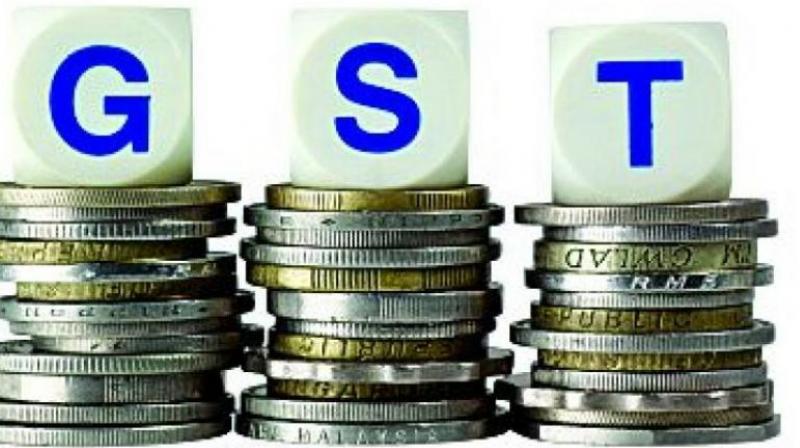GST affects jewellers, textile traders in Andhra Pradesh
People stop making big purchases keeping GST in mind.

TIRUPATI: The month of Sravanam this year has failed to bring the much anticipated cheer to textile traders and jewellers. The month of marriages is generally seen as a boon for all textile and gold traders with major purchases by women. Compared with 2016, the sale this year was recorded at 50 per cent lower. Though the shops that only deal with textiles have not yet registered for GST, they need to bring the goods from textile mills in North India. As such, they still need to pay the other taxes during transportation. GST is still not applicable while selling.
“People have stopped making big purchases keeping the GST in mind. Once the GST becomes applicable, its effect on the business will be huge while the situation would worsen for traders,” says P. Ramesh Babu, a trader from Tirupati. Shops and malls that deal with textiles along with gold and other fashion accessories need to enforce GST, making their businesses suffer heavily. “We may not be able to pay rents or salaries if the situation continues like this. We had expected a boost in the sales but what has come out is not at all encouraging,” said V.G. Sharma, a vendor at a mall in Vijayawada.
According to the AP Textile Federation, around 75 lakh people depend on the industry directly and indirectly. There were high hopes of brisk sale during Sravanam and traders had purchased goods in advance. Textile business generally works on credits but since there has not been appreciable sale, traders are unable to pay the interest amounts. Speaking to this newspaper, president, AP Textile Federation, B. Malleswara Reddy, said, “Most of us are suffering severely. We want to return the goods we bought in Sravanam but transportation would be an additional burden on us. The government should think of it again. The handloom industry is facing a worst situation.”

